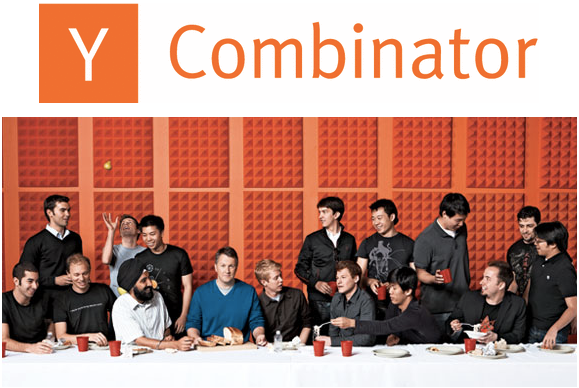About

WHAT WE DO
Y Combinator provides seed funding for startups. Seed funding is the earliest stage of venture funding. It pays your expenses while you’re getting started. Some companies may need no more than seed funding. Others will go through several rounds. There is no right answer; how much funding you need depends on the kind of company you start.
At Y Combinator, our goal is to get you through the first phase. This usually means: get you to the point where you’ve built something impressive enough to raise money on a larger scale. Then we can introduce you to later stage investors—or occasionally even acquirers.
MORE THAN MONEY
We make small investments in return for small stakes in the companies we fund. All venture investors supply some combination of money and help. In our case the money is by far the smaller component. In fact, many of the startups we fund don’t need the money. We think of the money we invest as more like financial aid in college: it’s so people who do need the money can pay their living expenses while Y Combinator is happening.
See a list of the benefits and resources available to YC founders here.
What happens at Y Combinator? The most important thing we do is work with startups on their ideas. We’re hackers ourselves, and we’ve spent a lot of time figuring out how to make things people want. So we can usually see fairly quickly the direction in which a small idea should be expanded, or the point at which to begin attacking a large but vague one.
The questions at this stage range from apparently minor (what to call the company) to frighteningly ambitious (the long-term plan for world domination). Over the course of three months we usually manage to help founders come up with initial answers to all of them.
The second most important thing we do is help founders deal with investors and acquirers. Yes, we can make introductions, but that part is easy. We spend much more time teaching founders how to pitch their startups to investors, and how to close a deal once they’ve generated interest. In the second phase we supply not just advice but protection; potential investors are more likely to treat you well if you come from YC, because how they treat you determines whether in the future we’ll steer deals toward or away from them.
We also get the startups we fund incorporated properly with all the standard paperwork, avoiding legal time-bombs that could cause serious hassles and delays later. We introduce founders to lawyers who will often agree to defer payment for legal work. We regularly help startups find and hire their first employees. We can help with intellectual property questions, like what to patent, and when. One of the least publicized things we do, for obvious reasons, is mediate disputes between founders. No startup thinks they’re going to need that, but most do at some point.
The kind of advice we give literally can’t be bought, because anyone qualified to give it is already rich. You can only get it from investors.